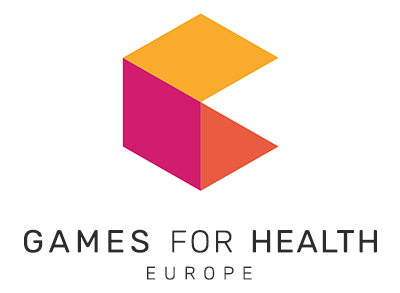Biography
Roland Goetgeluk is an urban geographer and methodologist. His PhD-thesis (1997) was on search and substitution behaviour (gap between dream/preference and actual choice) on the housing market. In 2014 he received his NimaC1 (MBA) in strategic marketing. He is also a skilled teacher.
Between 1988 and 2016 he enlarged his skills as advisor, manager (project, program), journalist/columnist and entrepreneur. He worked at the Faculty of Geosciences of the Utrecht University, The Agricultural Economics Research Institute of the Wageningen University, the National Institute for Public Health and the Environment, Universidade Pedagogica da Beira Mozambique, OTB Research Institute for the Built Environment Delft University of Technology, ABF Research Delft and TIO University of Applied Research.
His voluntary activities are teaching Dutch to low literates, the marketing (U)trecht Jazz musicians and Resto Van Harte Netherlands/Utrecht, and the Utrechtse Ruimtemakers.
He loves long tracking on the bicycle.
PRESENTATION 2018
LifeCycleR: Children with Cerebral Palsy train joyfull on a bike
LifeCycleR solves a general problem in the life course of most people. Daily training and rehabilitation on a stationary bike without a challenge at home is boring for every adult and child.
Especially for children with cerebral palsy the motivation to move on is low since it is painful. By designing the right ‘triggers’ we should make them happy while training.
If we can make them happy, we may test other groups as well. Based on information collected through the training we must ensure that on the long term every user gets a personalized revalidation program.
The prototype game LifeCycleR – FietsR is the official Dutch name – proves takes care of this in hospitals with children with cerebral palsy. The prototype has been designed and tested in close collaboration the Foundation MovetoImprove, the (academic) hospital UZ Leuven (Belgium) and its affiliated clinic St Maartenkliniek (The Netherlands), Fontys (education on ICT, Software, Gamification). It is foreseen that the Roessingh Institute (revalidation) will join and two major players in the sports market: Wahoo and Giant.
In the presentation we will discuss the prototype which has been the result of design thinking. Then we elaborate on two next stages. The first one refers to tests at home. The second refers to the expansion of the FietsR to other markets : fitness for elderly and amateur and professional cyclist.
Indeed LifeCycleR has two meanings.
PRESENTATION 2017
Can we triggering people to coorperate within social networks with affective game design? An if so, also one billion?
Games for Health Projects (GFHP) designs serious games in the framework of happiness, well-being and affection. They are based in scientific research as was demonstrated in last year’s key-note of prof dr. Ruut Veenhoven. However, each game is designed in its specific context. A validity test is necessary. GFHP is active in the domain of elderly care. Happiness and well-being are important elements in Dutch legislation with respect to the care for elderly who still live independently. The legislator assumes that children, friends, neighbours gladly take care for them. Sufficient affective relationships between kins and widely accepted social rules will trigger intergenerational solidarity and cooperation. However, if these assumptions are wrong the social, political and business implications are significant and will influence the games that GFHP designs. In our presentation we postulate that the business-case ‘elderly care by their children is driven by affective motivations’ may be falsified. Based on the Netherlands Kinship Panel Survey (NKPS N=2832, wave), we statistically regressed the relationship between the intensity of elderly care by children and the extent of affection in their relation and strength of normative values of children’s responsibility for parents while taking account of standard co-variates (age, household composition). In our presentation, we elaborate on the consequences for serious games in this domain and the GFHP moonshot: within 5 years 1 billion people who have had a meaningful experience with games of Games for Health Projects.’

